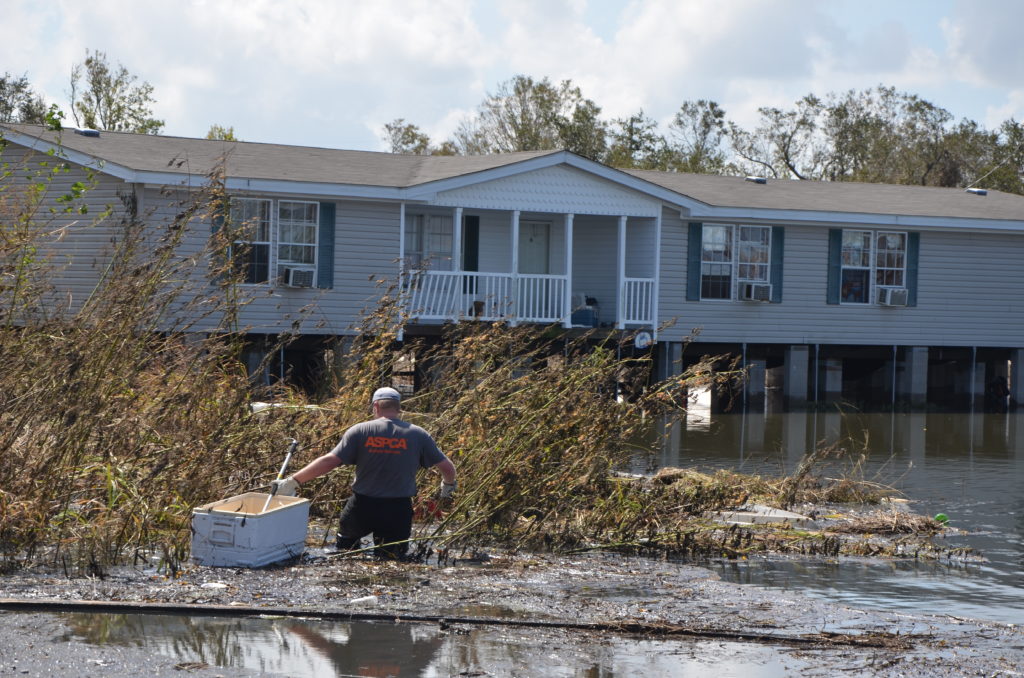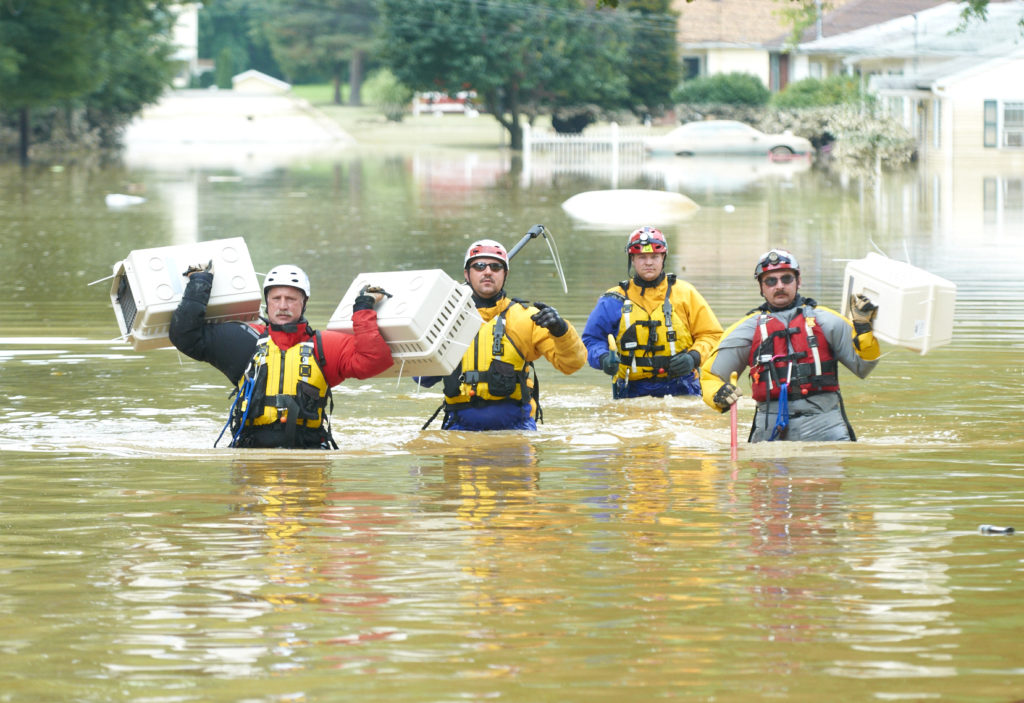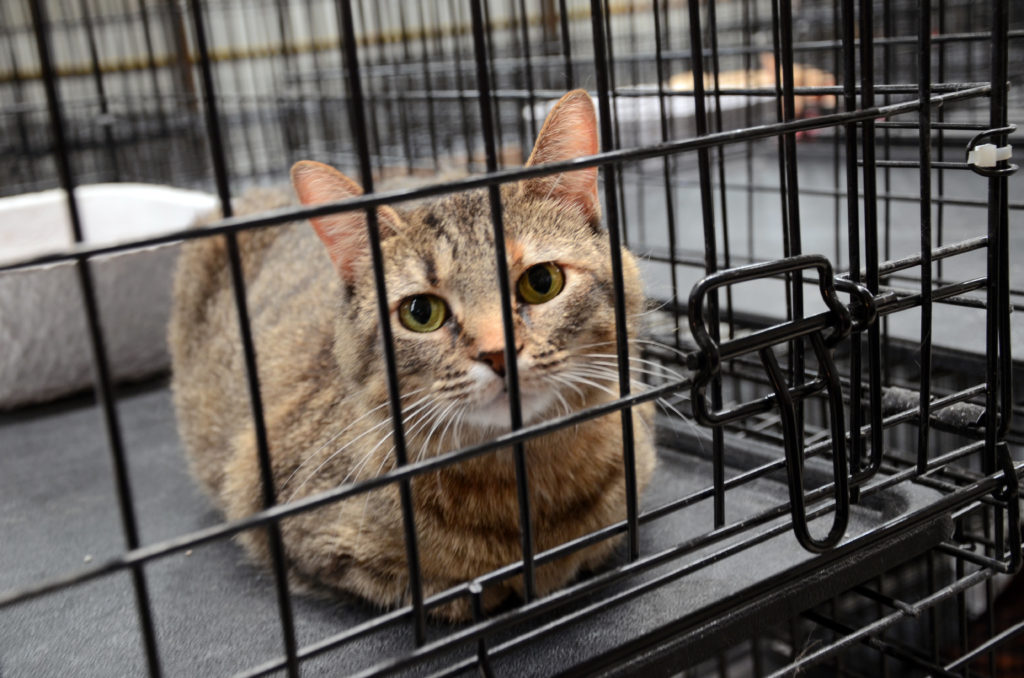Editor’s note: This is a guest post from Matthew Bershadker, the President & CEO of the American Society for the Prevention of Cruelty to Animals (ASPCA). Learn more about the ASPCA’s mission and programs at ASPCA.org.
As we approach the first anniversary of Hurricane Sandy, we should be mindful of what we lost, but also what we learned. We saw first-hand how sudden decisions before and during a crisis can be the difference between life and death for a beloved pet. Animals can’t take care of themselves; they need owners to be thinking ahead.
While I’m proud of the work we did rescuing area animals during the storm last year and in years past, we’d be even happier if we didn’t have to. That’s where you can play a part.
A 2011 national poll commissioned by the ASPCA revealed that more than one-third of cat and dog owners don’t have a disaster plan in place. In the Northeast, 45% of dog owners and 42% of cat owners don’t know what they’d do with their pets in an evacuation, compared to 28% of dog owners and 30% of cat owners in the South, where hurricanes are most common. The research study also found that only a quarter of pet owners say their animals are micro-chipped. This lack of readiness can lead to tragedy.
With weather experts predicting up to 20 named storms affecting the U.S. before hurricane season ends, you should consider these potentially life-saving tips:
- Always bring pets indoors at the first sign or warning of a storm or disaster.
- Get a rescue alert sticker to let rescuers know pets are inside your home.
- Keep a portable pet emergency kit and supplies handy, including critical medical records, water, pet food and medications, and pet first aid supplies.
- Make sure all pets wear collars and ID tags with up-to-date identification and your cell phone number. The ASPCA also recommends micro-chipping your pet as a more permanent form of identification.
- If they can’t be with you, arrange a safe haven or designated caregiver for your pets in the event of evacuation.
- Do not leave your pets behind.
Some of these ideas may sound like common sense… now. But common sense may be in short supply when you’re panicked, rushed, and afraid. So do what you can today; it may save a life tomorrow.



